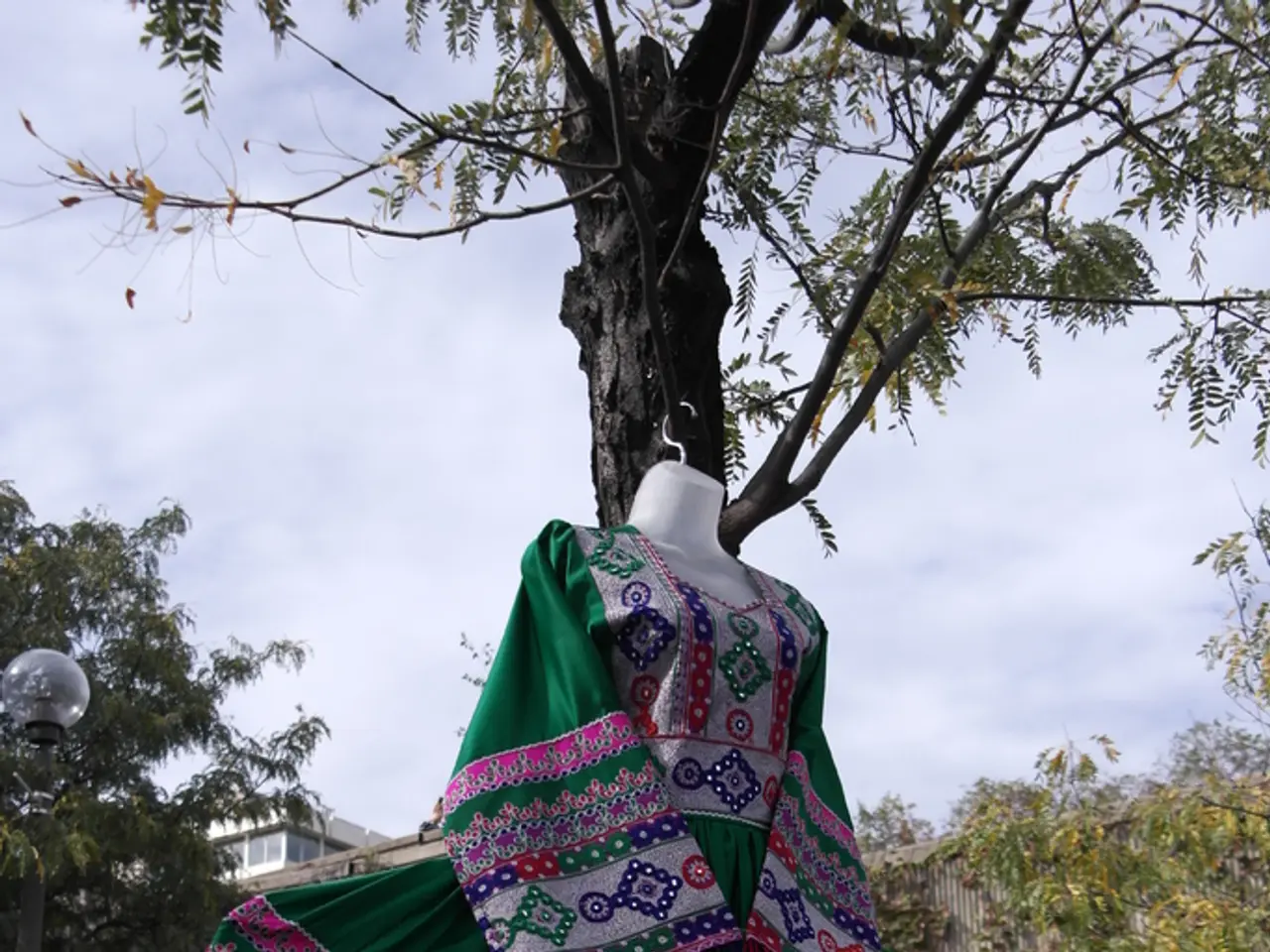Fashion Industry's Accountability Still Lagging 11 Years After Rana Plaza Disaster
Eleven years on from the Rana Plaza disaster in Bangladesh, the fashion industry's accountability remains a pressing issue. Despite progress in transparency, workers' wages and rights are still far from guaranteed.
In 2013, the collapse of the Rana Plaza factory killed over 1,100 people, highlighting the industry's poor working conditions. Yet, a decade later, most fashion brands have yet to take substantial responsibility. A minority supports demands for a living wage of around $209 a month in Bangladesh.
Transparency has improved, with 86% of brands showing increased disclosure since 2017. However, only 1% reveal the percentage of supply chain workers paid a living wage. Unfair purchasing practices persist, contributing to worker exploitation and poverty. In-work poverty has deepened since the Rana Plaza collapse.
Notably, the German fast-fashion company KiK supported a 10% increase in minimum wages in Bangladesh in 2023, aligning with a wage level of around 109 USD per month. However, no large fashion company has explicitly backed a wage of approximately 209 USD per month for Bangladeshi workers. Meanwhile, the International Accord on Fire and Building Safety has expanded to Pakistan, with 100 brands and retailers signing on.
Legislation at the importing-country level is urgently needed to ensure fashion brands worldwide pay garment workers a living wage and respect workers' rights. Despite some progress in transparency and wage increases, the fashion industry must do more to address the ongoing issue of worker exploitation and poverty.
Read also:
- HLC Approves ₹4,645.60 Crore for Flood Recovery and Wetland Rejuvenation in Nine States
- Crooked House Pub's Demolition: Council Orders Rebuild, Debate on Historic Building Protections
- Shaping India's Economic Progression: Readying the Financial System for Tomorrow
- Conflict between Ben & Jerry's co-founder and Unilever over Gaza issues leads to resignation of co-founder




